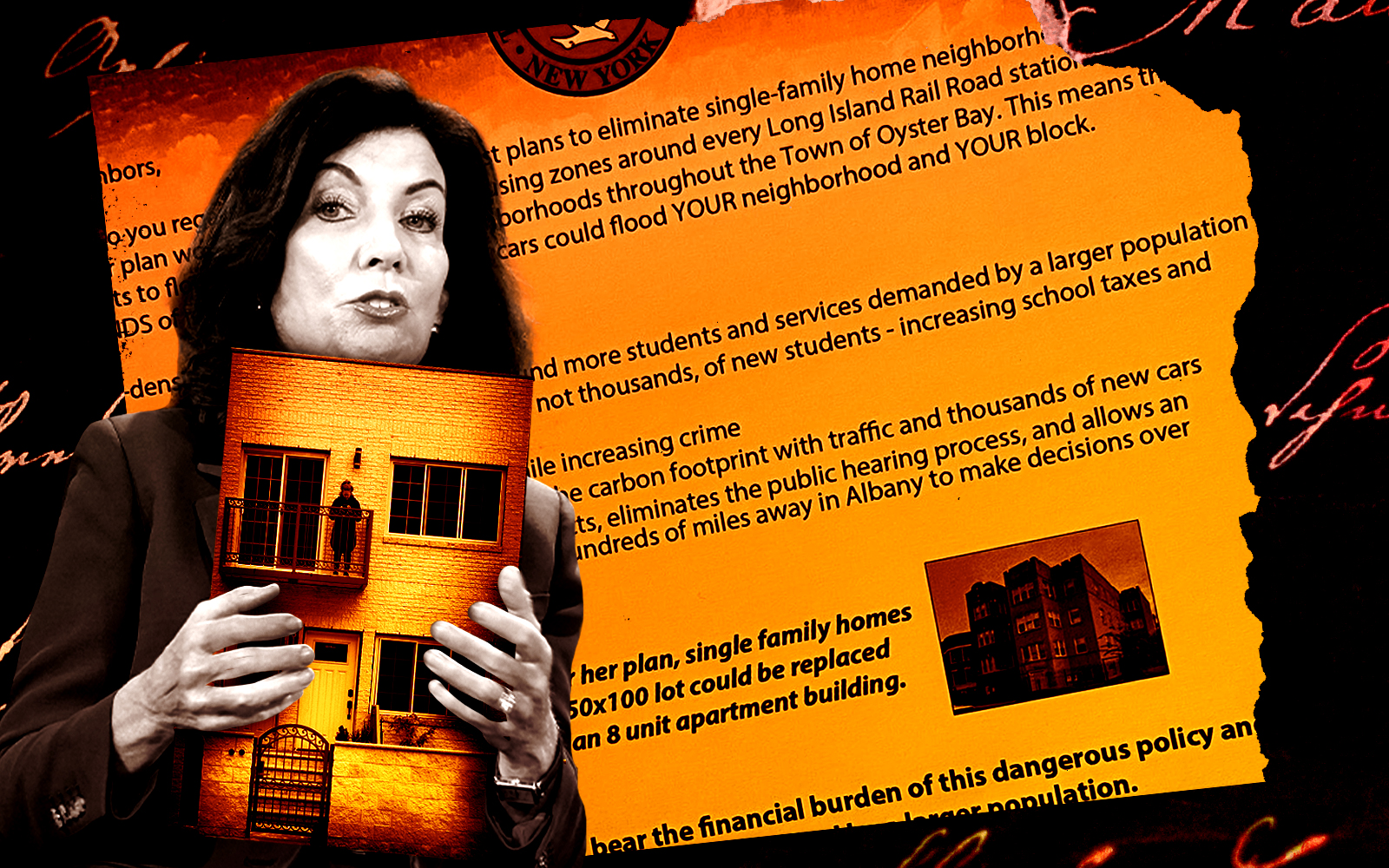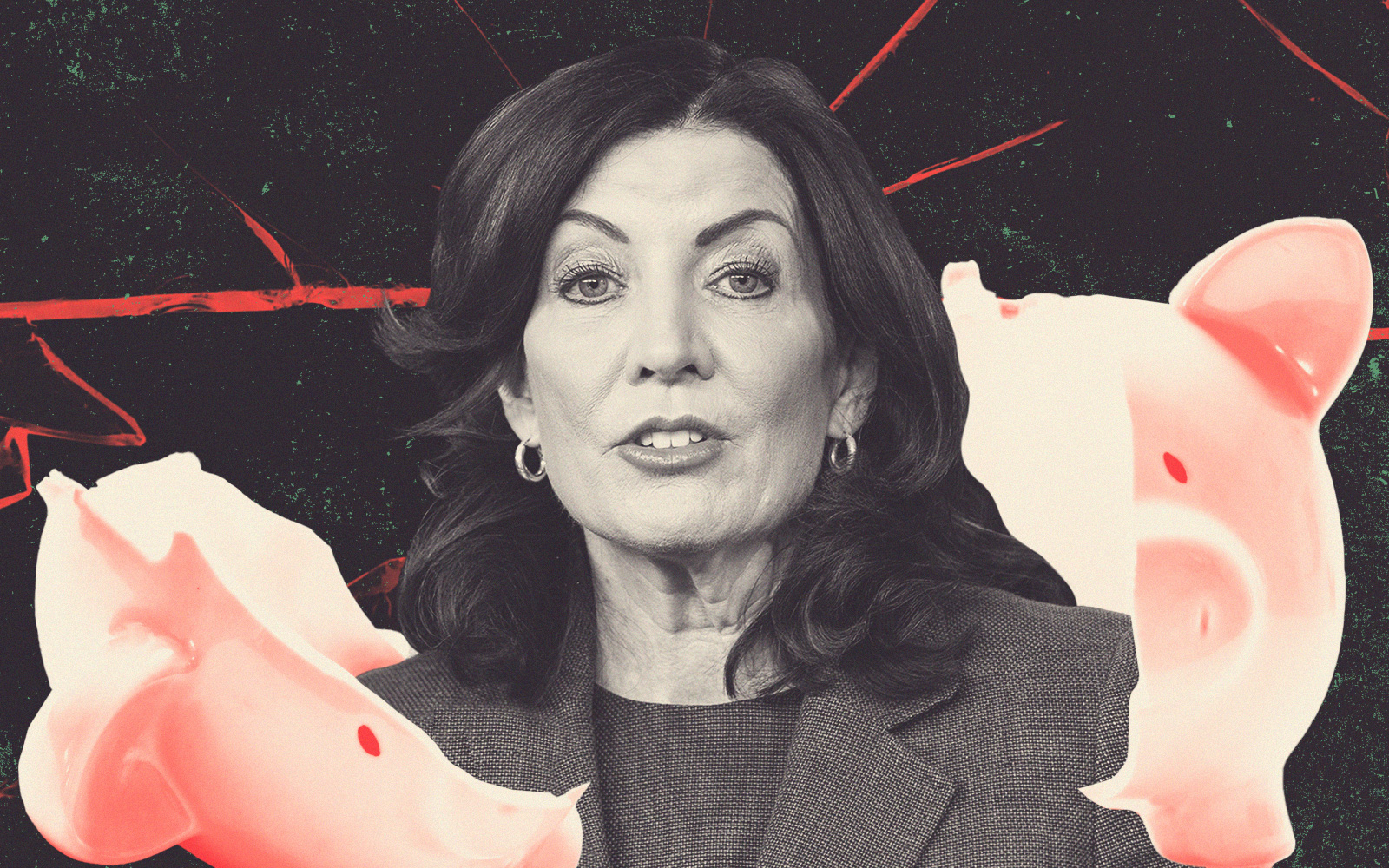The heavy lifting needed to end the affordable housing shortage is largely up to localities and states, but the Biden administration is doing what it can.
After a push by housing leaders and congressional Democrats, the administration on Thursday extended indefinitely a financing program that was due to stop taking applications in September.
The Federal Financing Bank’s Risk-Sharing program has helped state agencies finance 42,000 homes since its inception in 2015, including 10,000 in New York. After the Trump administration let it lapse at the end of 2018, President Joe Biden brought it back in September 2021 for a three-year run.
Last weekend, Rep. Ritchie Torres, Rep. Nydia Velazquez and Sen. Kirsten Gillibrand of New York were among 37 Democratic members of Congress who formally asked the administration to make Risk-Sharing permanent, calling it a “critical funding stream” in a letter to the heads of the Treasury Department, Housing and Urban Development, National Economic Council and Office of Management and Budget.
“It essentially comes at no cost to the federal government,” Torres said in an interview Thursday morning. “The treasury benefits from the interest on these loans.”
HUD was already on board and the others were likely leaning in that direction, given that the decision to continue the program came less than a week later. The program provides long-term, fixed-rate financing to housing finance agencies, or HFAs, filling a gap when the private market cannot.
“This is a very important program, especially in New York,” Jolie Milstein, executive director of the New York State Association for Affordable Housing, told The Real Deal last week.
The National Council of State Housing Agencies had also called on Biden to save the program, noting in a Feb. 16 letter that the program “is making a hefty profit for the government.” The council also recommended improvements.
The extension is projected to create about 38,000 units over 10 years.
Read more



The program has extremely low costs, making it useful for small projects that cannot go to the capital markets for bond financing because the transactional cost is high. It also allows housing finance agencies to use their own underwriting rather than from the Department of Housing and Urban Development.
Three years ago, Velazquez and Gillibrand had pushed the newly elected Biden to reinstate Risk-Sharing. Velazquez introduced a bill in 2020 to make the program permanent, but with Congress divided, it has not advanced.
Donald Trump could still end the program if he wins the election in November, but unlike in 2018, doing so would require action. Chances are Risk-Sharing would fly under the radar of a new administration.
“A future president in theory could repeal the program, because it hasn’t been codified in statute,” said Torres. “But now a future president would have to actively repeal the program rather than passively let it expire.”
